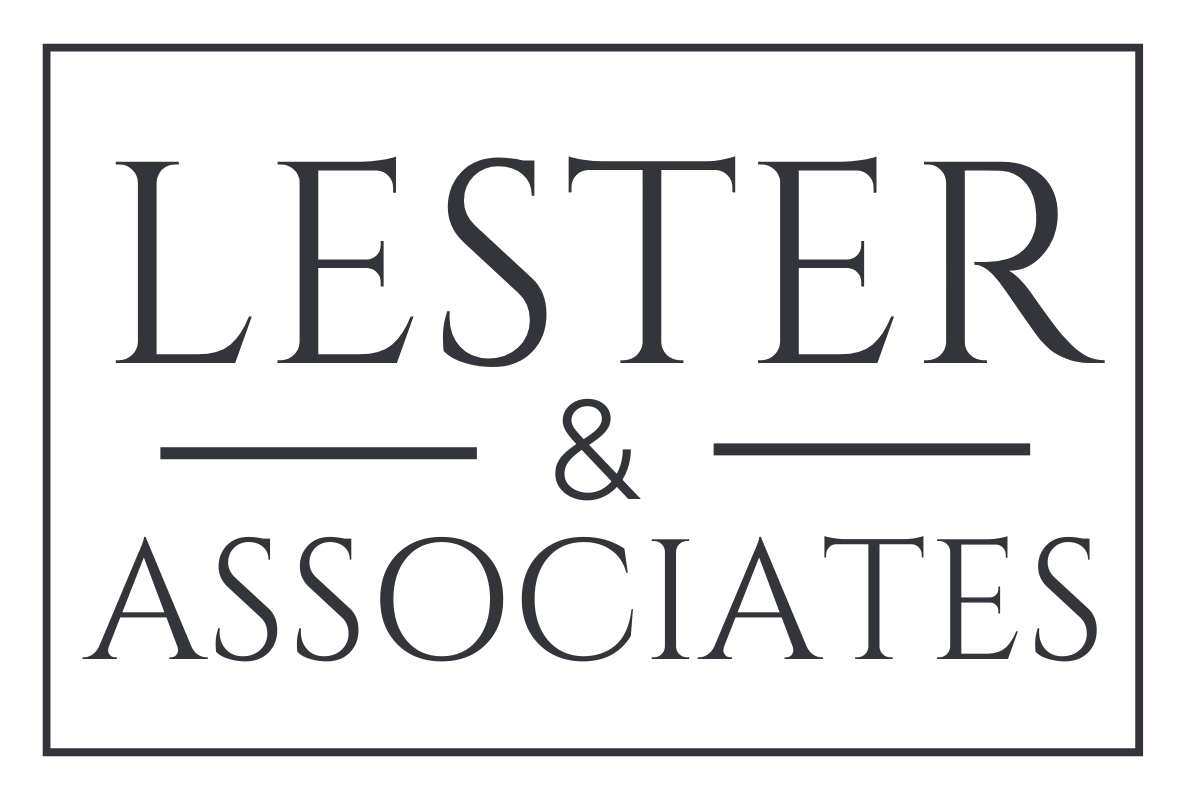Limitation Period Against An Insurer: 2016
When does the limitation start to run against an insurer? [Arcel. Dofasco v. Industrial Alliance]
The recent decision of the Ontario Court of Appeal in Arcel. Dofasco v. Industrial Alliance considers the issue of when the statutory limitation period starts to run as against a disability insurer, which has denied coverage of a claim (in this case, where a second insurer is seeking contribution). Normally, the period would start upon the insurer’s wrongful decision to deny the claim, or to deny to continue to make payments under the claim (if the obligation was an ongoing one). The twist in of this case was that defendant insurer refused for some years to provide the plaintiff with a copy the defendant’s policy wordings. The issue then arose as to whether the limitation was tolled due to the failure (or refusal) of the defendant to give the plaintiff full access to relevant information.
The facts are as follows. C. suffered from a rare blood disorder and in 2009, she was prescribed a very expensive drug to deal with this disease. Her employer’s group benefits insurer, Industrial Alliance (“IA”) denied C.’s claim for reimbursement. C. obtained reimbursement from the plaintiff insurer (C.’s husband’s insurer). Since the medication was taken over time, the reimbursement payments were also made over time, starting in October, 2009. In October, 2010, the plaintiff began to inquire as to why the defendant had denied C.’s claim. By December, 2010, internal memos at the defendant revealed that the defendant was aware that its denial of coverage was “inappropriate”. In spite of this, IA repeatedly ignore or refused requests from the plaintiff and from C for a copy of the policy wordings. Finally, in September of 2011, the defendant provide a copy of its policy. The plaintiff then commenced an action in April of 2012 for reimbursement of the payments. The defendant conceded that it was responsible to pay for the medication as of January of 2011, but argued that the plaintiff’s claims for the amounts paid by the plaintiff prior to April of 2010 [i.e., two years prior to the commencement of the action] were barred under the terms of the Limitations Act, 2002. The Act provides, of course, that the limitation period starts to run on the date the plaintiff first became aware of the loss (the cause of action), or on the date a reasonable person in the positon of the plaintiff first ought to have become aware of it. The case law suggests, moreover, that a plaintiff cannot sit back and let time go by, and then later claim that it did not have enough facts in order to make a decision about whether to commence a law suit. Rather, the plaintiff must instead exercise reasonable diligence in the face of the facts as they present themselves. The motions judge found that the plaintiff was aware or ought to have been aware of the plaintiff’s obligation in October of 2009, and he disallowed, on the basis of the missed limitation period, the plaintiff’s claim for the costs it incurred between October, 2009 – April, 2010.
The Court of Appeal overturned this decision, holding that the plaintiff could not know that it had a claim against the defendant until the plaintiff had received a copy of the defendant’s policy wordings. While the Court found that the plaintiff was not diligent in initiating its inquiries about the basis for the defendant’s denial, it could not possibly have known that it had a claim against the defendant until it had an opportunity to review these policy wordings. Moreover, even if the plaintiff had been more diligent, the defendant’s actions in stonewalling these inquiries suggested that the plaintiff would not have received the policy wordings earlier than it did.
